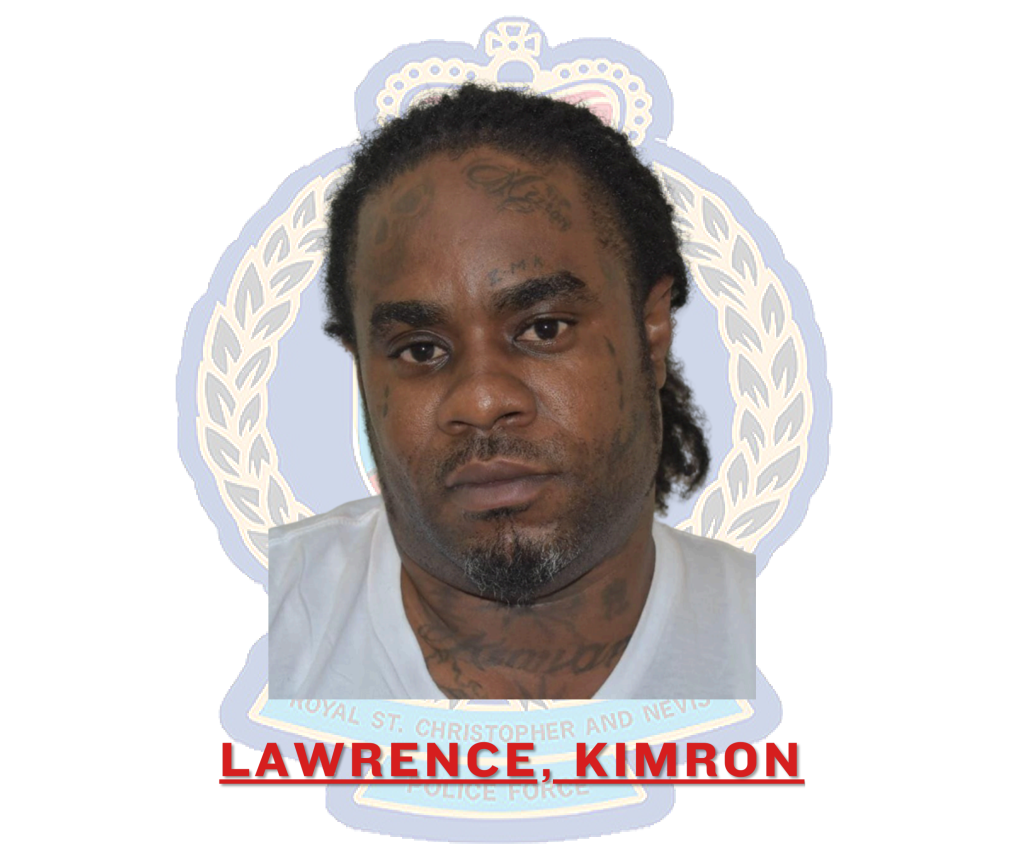Lawrence and Bartlett Receive Sentences for Firearms Offenses
This case revolves around the criminal activities of Akim Bartlette and Kimron Lawrence, residents of Nevis, who were sentenced to imprisonment for offences committed over a period spanning from January 1, 2020, to March 4, 2021. The charges against them stemmed from a complex web of illegal activities involving firearms and organized crime. Initially, both men faced six serious charges: Engaging in Organized Criminal Activity, Conspiracy to Import a Firearm, Importation of Components of a Firearm, Misconduct in Public Office, Aiding Misconduct in Public Office, and Possession of a Firearm. The breadth of these charges indicates the seriousness of their alleged crimes and the potential threat they posed to the safety and security of their community.
The legal proceedings culminated in guilty pleas from both defendants on February 4, 2025. However, they pleaded guilty to a reduced set of charges. Akim Bartlette admitted guilt to Engaging in Organized Criminal Activity and Importation of Components of a Firearm. This suggests that the prosecution had sufficient evidence to secure a conviction on these charges, while the other charges might have been more difficult to prove beyond a reasonable doubt. Kimron Lawrence, on the other hand, pleaded guilty to Engaging in Organized Criminal Activity and Possession of a Firearm. This differentiation in the charges to which they pleaded guilty suggests different roles and levels of involvement in the overall criminal enterprise.
The sentencing hearing took place on May 6, 2025, at the High Court in Basseterre, presided over by His Lordship Justice Iain Morley, KC. Akim Bartlette received a seven-year sentence for Engaging in Organized Criminal Activity and a concurrent five-year sentence for Importation of Components of a Firearm. The concurrent nature of the sentences means that he would serve a maximum of seven years, with the five-year sentence effectively absorbed into the longer sentence. This indicates that the judge considered the Organized Criminal Activity charge to be the more serious of the two.
Kimron Lawrence received a significantly longer sentence of fourteen years for Engaging in Organized Criminal Activity and a concurrent five-year sentence for Possession of a Firearm. The disparity in the sentences between Bartlette and Lawrence, particularly for the Organized Criminal Activity charge, suggests that the court viewed Lawrence’s role in the criminal enterprise as more substantial or impactful. The fourteen-year sentence for Lawrence highlights the severity with which the justice system views involvement in organized crime. The concurrent nature of his sentences similarly means he will serve a maximum of fourteen years.
Both sentences took into account any time the defendants had already spent in remand, meaning that the period they had spent in custody awaiting trial was deducted from their overall sentence. This is a standard practice in criminal justice systems to ensure fairness and avoid excessive pre-trial detention contributing disproportionately to the overall punishment. The fact that the sentences were delivered by a High Court Judge, His Lordship Justice Iain Morley, KC, underscores the seriousness of the offences and the weight given to the proceedings. The “KC” designation indicates that Justice Morley is a King’s Counsel, a senior barrister or advocate appointed by the Crown, reflecting a high level of legal expertise and experience.
In conclusion, the case of Akim Bartlette and Kimron Lawrence highlights the legal consequences of engaging in organized crime and firearms-related offences. The differing sentences reflect the court’s assessment of their individual roles and culpability within the criminal enterprise. The case also underscores the importance of effective law enforcement and prosecution in bringing such offenders to justice and ensuring the safety and security of the community. The details provided offer a glimpse into the complexities of the legal system and the considerations involved in determining appropriate sentences for serious criminal offences. The relatively lengthy sentences handed down underscore the gravity of the crimes and the court’s commitment to deterring such activities in the future.
Share this content:












Post Comment